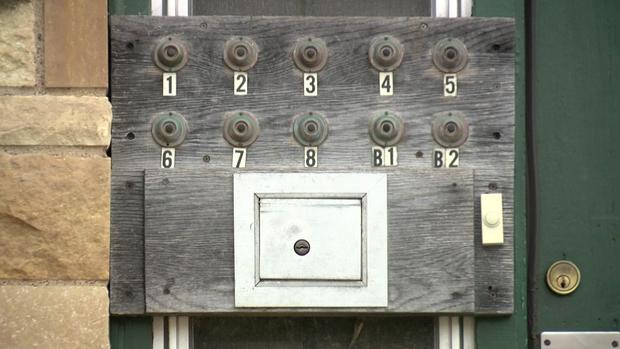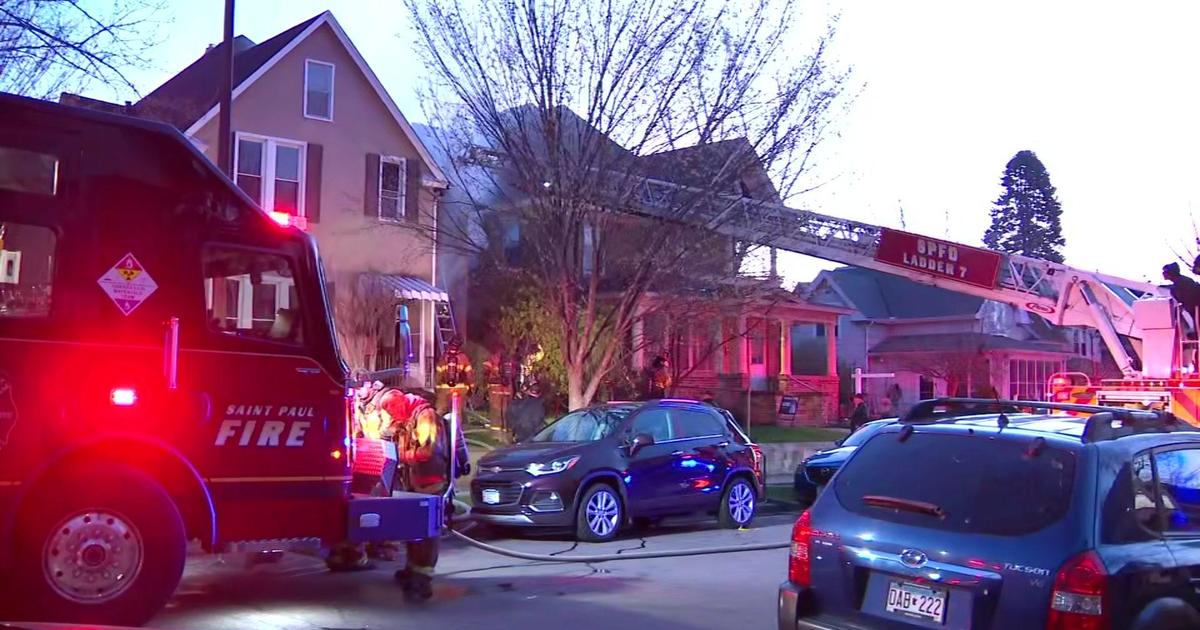St. Paul moves to adjust rent control measure to allow higher increases in between tenants
ST. PAUL, Minn. – The St. Paul City Council moved forward with a plan that adjusts the 3 percent rent cap approved by voters last fall, allowing property owners to raise rents by even more when transitioning between tenants.
The carve out to the rent control ordinance authorizes landlords to increase rents by 8 percent plus the rate of inflation if a tenant moves out. The amendment came Wednesday from Council President Amy Brendmoen, who said it's a compromise after community members were upset with another plan to remove the rent regulations entirely when a unit turns over, known as "vacancy decontrol."
There will be a public hearing next week followed by the formal vote by the city council on the changes. Nearly 53 percent of city voters last fall said yes to a ballot measure capping rent increases at 3 percent in a 12-month period.
"We heard from community members that it was essentially a blank check allowing landlords to raise the rent to, you know, unlimited amounts between tenants," Brendmoen said of the original language.
But where the council landed, she said, is a good middle ground to ensure that property owners make ongoing investments into their properties. The vote was 7-0.
"We're concerned that if they can only raise it 3 percent, even if there's a vacancy, there's no money to do those reinvestments and we'll see properties, especially in my ward, deteriorate over time," she told WCCO. "And if there's no opportunity to increase the rent between tenants, then where do they get the money to change out a refrigerator, to change out an oven, put in new carpeting."
Meanwhile, a group representing property owners, developers and managers criticized the changes moving forward at St. Paul City Hall. The Minnesota Multi Housing Association said in a statement that the rent control measure "should be completely repealed."
"We warned voters and leaders in both St. Paul and Minneapolis to 'Think Twice' about rent control last year. Now they are thinking twice when they didn't need to," the organization said in part. "For St. Paul, making a terrible idea less terrible is not a housing strategy."
The initial idea of full vacancy decontrol sparked backlash from rent stabilization advocates, who said it defied the will of the St. Paul voters. More than 50 percent of people who live in the city are renters, according to the city.
Arline Datu, a renter and member of the Isaiah organization, which has supported rent control, expressed concern that having no regulations on rents in between tenants would displace people from their homes.
"It's better than the full vacancy decontrol, but I wish it were lower," Datu said. "I've experienced 5 percent increases over consecutive three years and being on a fixed income, 5 percent ... takes a chunk out of the money that I have set aside, you know, for myself for groceries, for transportation."
The Multi Housing Association urged Minneapolis to hold off on passing any rent regulations. Voters there last fall gave the city council the green light to pass an ordinance with restrictions, which was a different approach than St. Paul where residents voted directly on the language.
There's a work group studying the issue and will make recommendations for council action.
The St. Paul ordinance still has the 20-year exemption from rent regulations for new construction.
It also details what constitutes a "just cause vacancy" which would allow a landlord to raise rents by the recently approved cap of no more than 8 percent plus the rate of inflation. Those terms include if there's plans for renovation, the tenant repeatedly doesn't pay rent or he or she chooses not to renew a lease.
In a statement to WCCO, St. Paul Mayor Melvin Carter said he plans to sign the ordinance as it's currently drafted, saying the council's vote "reflects the will of our voters and the recommendations we received from the stakeholder group this summer."





